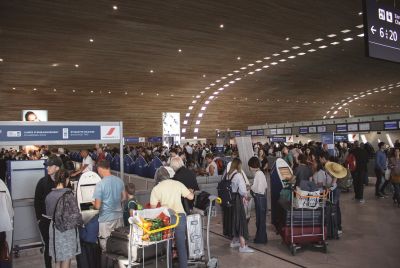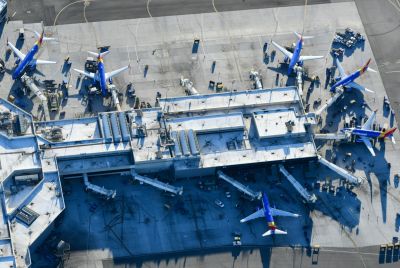Southern Rail strike: RMT and GTR back around negotiating table to avert walkout
Dispute is over Govia Thameslink Railway's plan to operate doors on new trains using CCTV.
Southern Rail operator Govia Thameslink Railway (GTR) and RMT union officials are back around the negotiating table this afternoon (5 August) in a bid to avert a planned five-day strike from next Monday. The parties started their latest round of talks at mediation service Acas from 12pm BST.
The rail guards are threatening to walk out amid fears over job losses and pay cuts due to a plan to operate doors on new trains in conjunction with CCTV. The RMT has instructed its members to take strike action by not booking on for any shifts between 0001 on Monday 8th August and 23:59 on Friday 12 August.
"This action has been forced on us by the arrogance and inaction of GTR and the government who have made it clear that they have no interest in resolving this dispute or in tackling the daily chaos on Southern," said Mick Cash, general secretary of the RMT.
"Our fight is with the company and the government who have dragged this franchise into total meltdown. We share the anger and frustration of passengers and we cannot sit back while jobs and safety are compromised on these dangerously overcrowded trains.
"It is disgraceful that neither the company or the government are prepared to engage and are looking to bully through the extension of DOO and the attack on the guards set for 21st August."
The talks come after Southern Rail cancelled 341 trains per day over July in a revised timetable designed to boost customer experience and in reaction to staff sickness levels. Southern has released details of the service it plans to run if the RMT's strike does go ahead.
The employer said it expects to run almost 60% of its normal timetable from Monday 8 August to Friday 12 August inclusive, including extra staff at stations to help passengers and make arrangements for passengers to use alternative transport providers.
Angie Doll, passenger service director for GTR, said: "This action is not necessary. Our new on-board supervisors will no longer close the doors, a task that passes to the driver with the aid of CCTV. This will cost no one their jobs, and frees up staff on board trains to better serve passengers.
"As many services will have staff on board as they do today and our on-board staff will have an improved role which better meets the needs of passengers, securing their valued position on the railway for the long-term.
"And there will be fewer train cancellations in future: currently, conductors are tied to specific routes and services, but the new on-board supervisor will be able to go anywhere on our network, significantly reducing the perennial problem of train cancellations due to conductors not being available when they're delayed by disruption, for example."
© Copyright IBTimes 2025. All rights reserved.






















